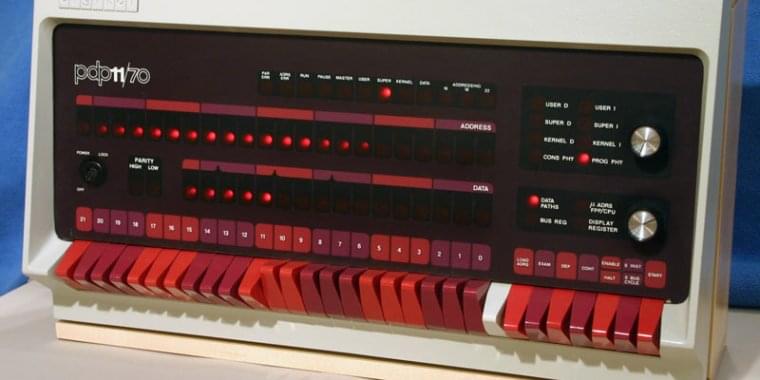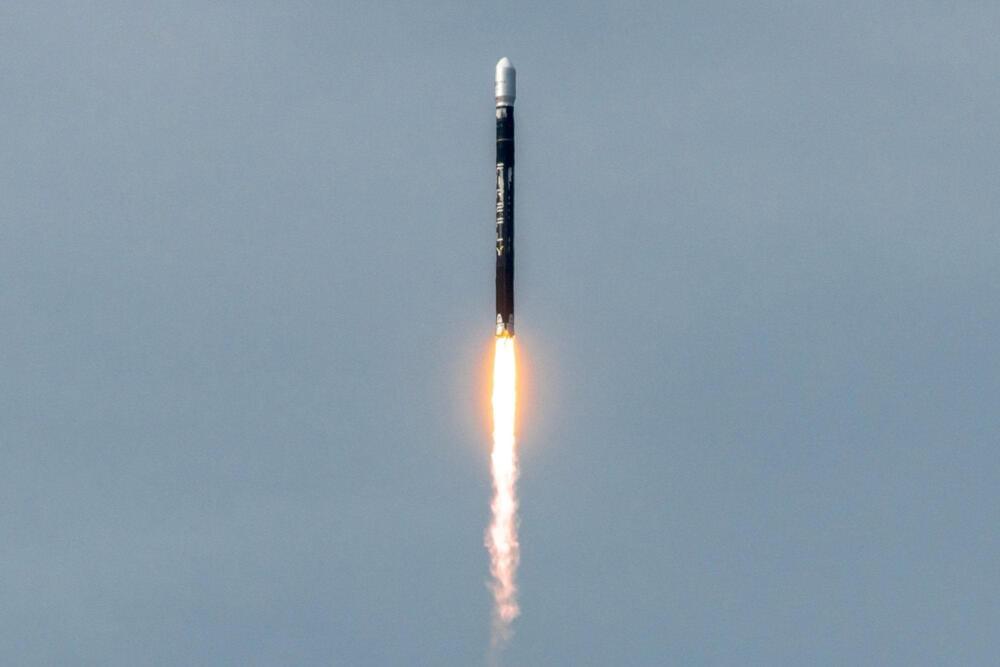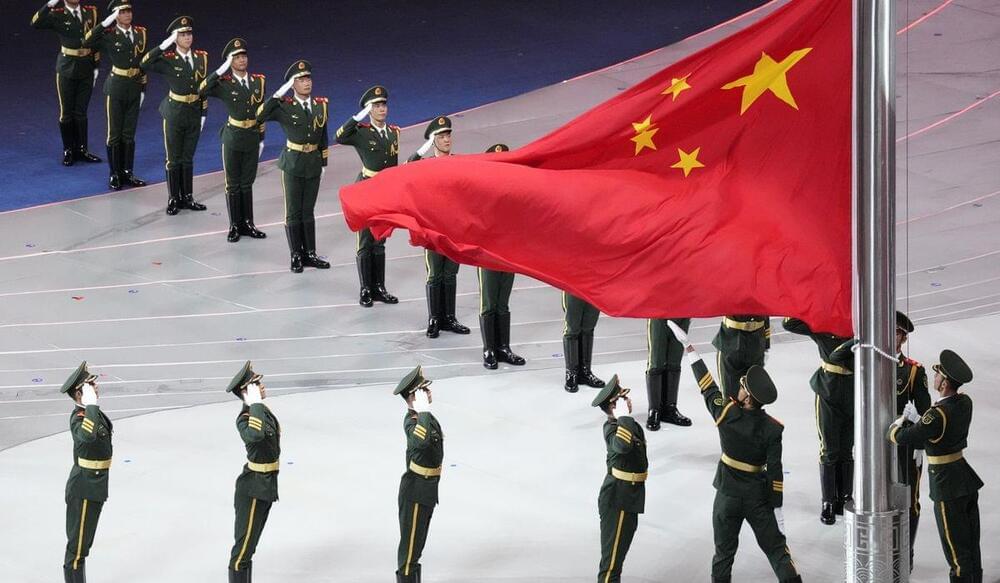Jan 4, 2024
GE Aerospace reports successful test of dual-mode ramjet with rotating detonation combustion
Posted by Genevieve Klien in categories: biotech/medical, military
LONDON, Jan 4 (Reuters Breakingviews) — Yemen’s Houthis are stirring up the Red Sea and shipping company investors. Denmark’s Maersk (MAERSKb. CO) and Germany’s Hapag-Lloyd (HLAG.DE), for example, have gained some $18 billion in market value since mid-December, as militant attacks shut the Suez Canal, causing freight rates to double. Yet hopes for a lasting boost may be disappointed.
Maersk this week decided to shun the Suez Canal indefinitely, where 12% of global trade passes through. That’s after one of the $35 billion group’s vessels narrowly escaped a hijacking thanks to U.S. helicopters, in turn prompting Iran, which backs the Houthi rebels, to send in a warship. As a result, shipping groups are now re-routing major trade lanes including the Asia to Europe traffic around Africa’s Cape of Good Hope, which adds at least 10 days of travel time.
The extra time and riskiness of the journey has caused freight rates to soar. Asia to Europe prices, for example, have nearly doubled since mid-December to more than $4,000 per forty-foot equivalent unit (FEU), Freightos data showed as of Jan. 3. While that’s still a far cry from the more than 10-fold increase during the pandemic, the result should be a windfall for shipping groups.
















